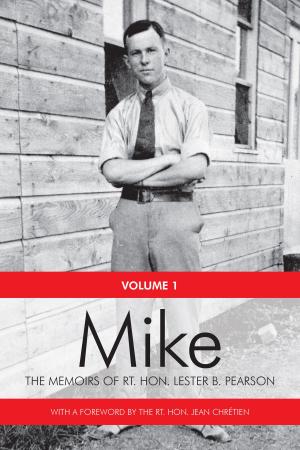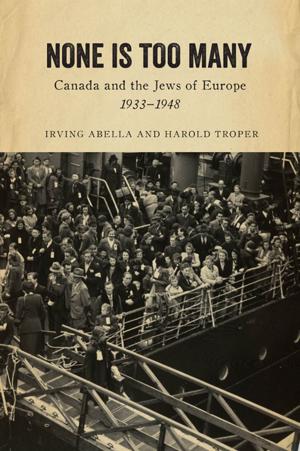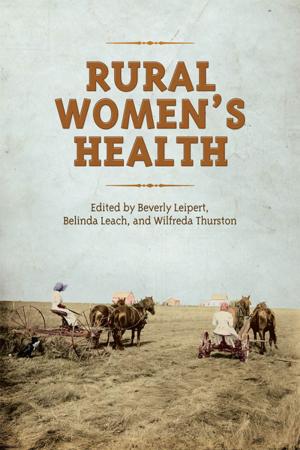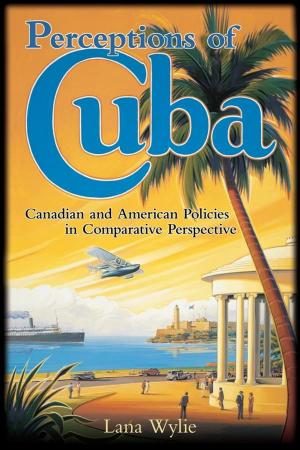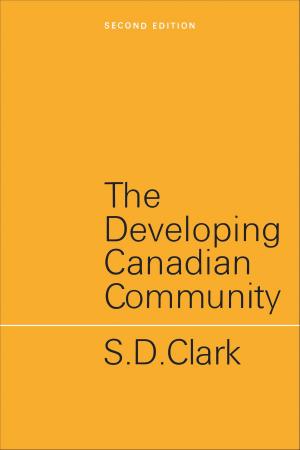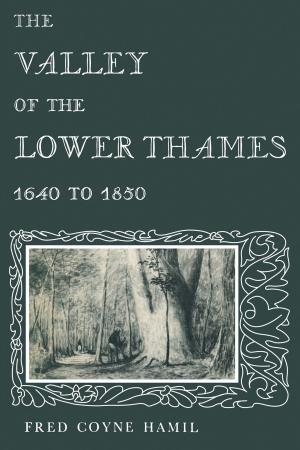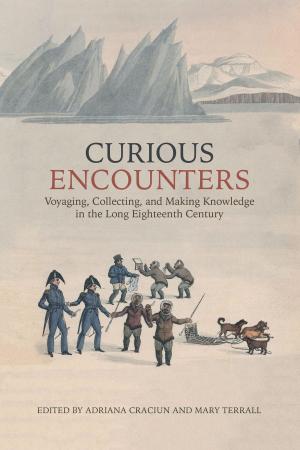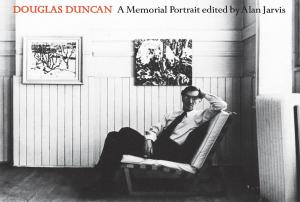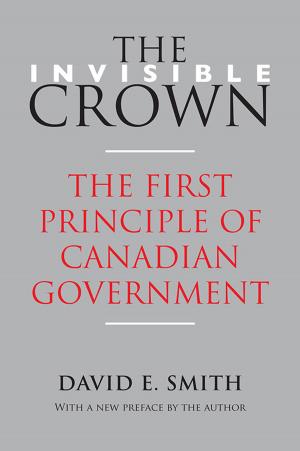John Prince 1796-1870
A Collection of Documents
Fiction & Literature, Essays & Letters, Biography & Memoir, Historical, Nonfiction, History| Author: | ISBN: | 9781442638389 | |
| Publisher: | University of Toronto Press, Scholarly Publishing Division | Publication: | December 15, 1980 |
| Imprint: | Language: | English |
| Author: | |
| ISBN: | 9781442638389 |
| Publisher: | University of Toronto Press, Scholarly Publishing Division |
| Publication: | December 15, 1980 |
| Imprint: | |
| Language: | English |
John Prince was a lawyer, farmer, military officer, politician, judge, and entrepreneur. Born at Hereford, England, in 1796, he emigrated to Upper Canada in 1833 because he was ashamed of his ne'er-do-well father. His interest in farming took him to Sandwich where he became involved in the many careers open to him.
An unhappy and volatile man, he was constantly at odds with himself, his family, and his associates. As colonel of the Third Essex Regiment, he was sometimes unpredictable in his actions and on one occasion, during the Upper Canada Rebellion, unjustifiably violent – ordering the summary execution of five prisoners after the Battle of Windsor.
As a politician, despite his haughty and melancholic nature and his erratic individualism, he held the loyalty of his constituents, representing Essex in the House of Assembly from 1836 to 1854 and the Western Districts in the Legislative Council from 1856 to 1860.
In 1860, after a lifetime spent in politics, farming, railroading and mining speculations, and canal schemes, he obtained a long-sought judgeship in the new District of Algoma. Leaving his wife and children behind, he went off to his 'New Siberia,' where he continued his restless struggle to escape 'the importunities of mankind,' and where his long, tragic life ended in 1870.
Entries from Prince's diary, excerpts from newspaper accounts, and letters give a vivid picture of the politics and life of his time. In his Introduction, R. Alan Douglas emphasizes the contribution made by the discovery of the diary to our perception of the people, places, and events of mid-nineteenth century North America.
(Ontario Series of the Champlain Society, 11)
John Prince was a lawyer, farmer, military officer, politician, judge, and entrepreneur. Born at Hereford, England, in 1796, he emigrated to Upper Canada in 1833 because he was ashamed of his ne'er-do-well father. His interest in farming took him to Sandwich where he became involved in the many careers open to him.
An unhappy and volatile man, he was constantly at odds with himself, his family, and his associates. As colonel of the Third Essex Regiment, he was sometimes unpredictable in his actions and on one occasion, during the Upper Canada Rebellion, unjustifiably violent – ordering the summary execution of five prisoners after the Battle of Windsor.
As a politician, despite his haughty and melancholic nature and his erratic individualism, he held the loyalty of his constituents, representing Essex in the House of Assembly from 1836 to 1854 and the Western Districts in the Legislative Council from 1856 to 1860.
In 1860, after a lifetime spent in politics, farming, railroading and mining speculations, and canal schemes, he obtained a long-sought judgeship in the new District of Algoma. Leaving his wife and children behind, he went off to his 'New Siberia,' where he continued his restless struggle to escape 'the importunities of mankind,' and where his long, tragic life ended in 1870.
Entries from Prince's diary, excerpts from newspaper accounts, and letters give a vivid picture of the politics and life of his time. In his Introduction, R. Alan Douglas emphasizes the contribution made by the discovery of the diary to our perception of the people, places, and events of mid-nineteenth century North America.
(Ontario Series of the Champlain Society, 11)


